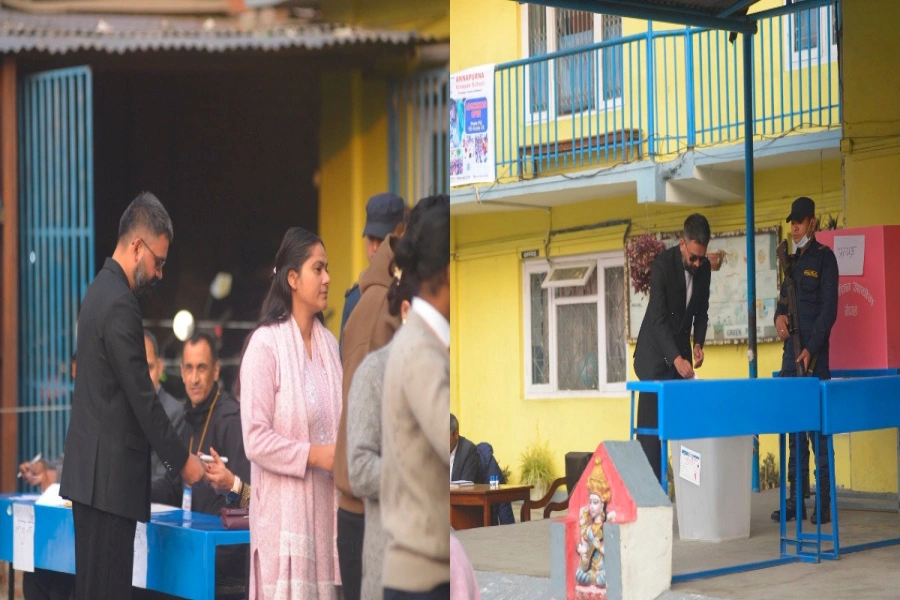KATHMANDU, March 21: Pradeep Kumar Gyawali has said that the ‘South-South Cooperation’ would help landlocked and least developed countries like Nepal to sustain its political gains through economic development.
The Minister for Foreign Affairs, Gywali said that during the process, cooperations needed to “respect national ownership and leadership and align to the country’s needs and priorities.”
Gyawali said so during the Second High-Level United Nations Conference on South-South Cooperation at Buenos Aires, Argentina.
Poverty: A Multidimensional Problem, Nepalese Context

He added that the cooperation would play an instrumental role to help Nepal’s ambition to graduate from LDC countries to middle-income countries by 2030 AD. The foreign minister said that Nepal’s vision to graduate into a middle-income country would require “enhanced level of investment and international cooperation by “respecting national ownership and leadership and aligning to the country’s needs and priorities.”
Gyawali highlighted the efforts of Nepal government to initiate “transformative process” to bring economic development and growth by initiating various programs; Comprehensive Social Security Program, Nationwide Health Insurance Program and Prime Minister Employment Program among others, would be “instrumental to achieve prosperity and happiness.”
Stating that many of the countries in the south are battling poverty, the South-South Cooperation needed to have “a clear focus” on poverty eradication to make the world a better place to live by generating better employment opportunities through investments in education and technological innovations.
“Women and youths should be assured for better opportunities and more investment must be guaranteed in education and technological innovations,” Gyawali said and highlighted how the cooperation was more relevant than in the past “because of the region’s enormous potential for economic transformation.”
“The progress some members of the South have achieved over the decades has not only widened the scope of the cooperation but has brought us closer towards realizing the purpose of ‘collective self-reliance’,” Gyawali said adding that it was now time to “diversify and strengthen our cooperation: in scale, in scope, in quality and in its effectiveness.”
He said that the South-South Cooperation was a complementary and not as a substitute for North-South Cooperation, the foreign minister said that collaboration would help countries to effectively and efficiently implement and meet the Sustainable Development Goals by 2030.
Referring to the principle of “leaving no one behind”, Gyawali said that the very notion needed to be placed at the core to support least developed countries to graduate into middle-income countries.
“We are confident that international cooperation and partnership, including South-South cooperation, are important components in realizing our national development goals and objectives,” he added.



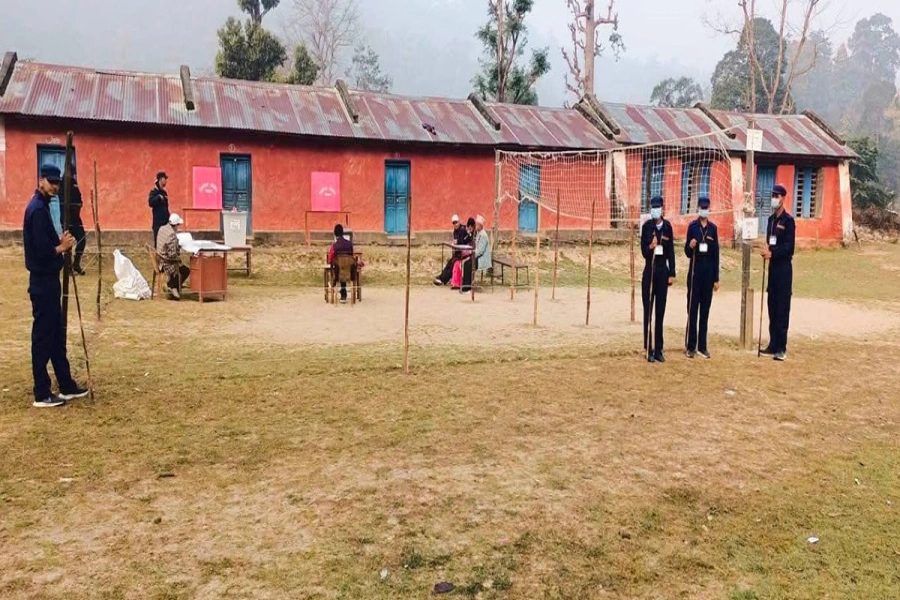
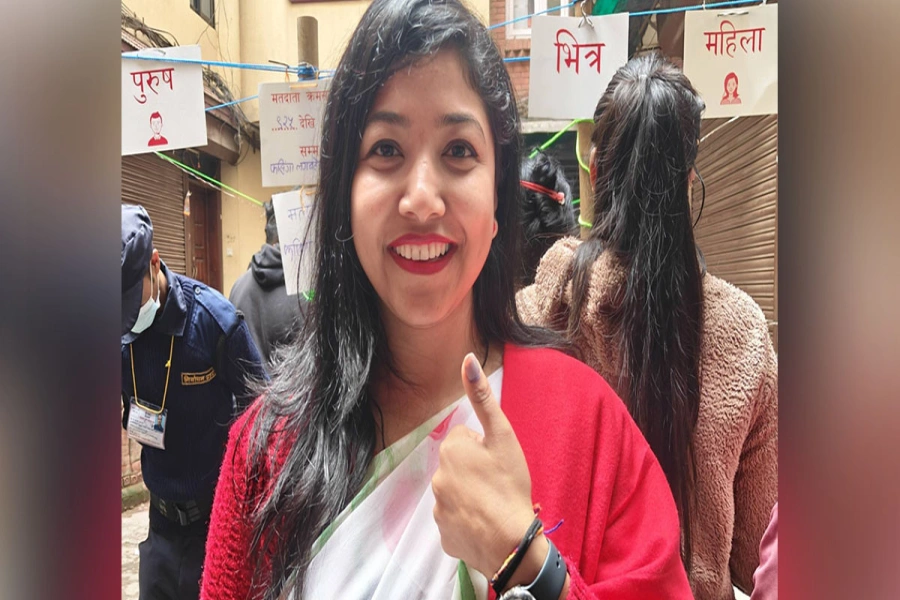






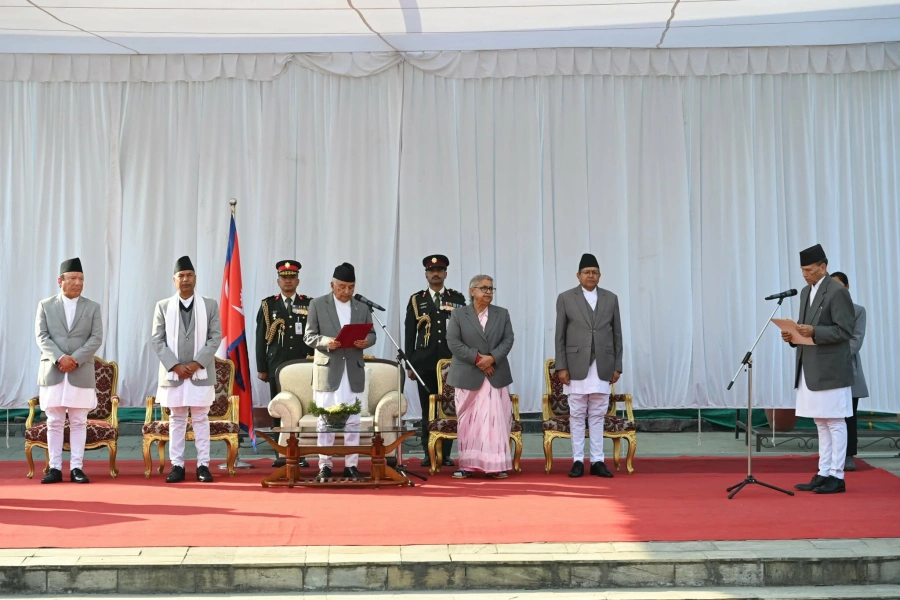





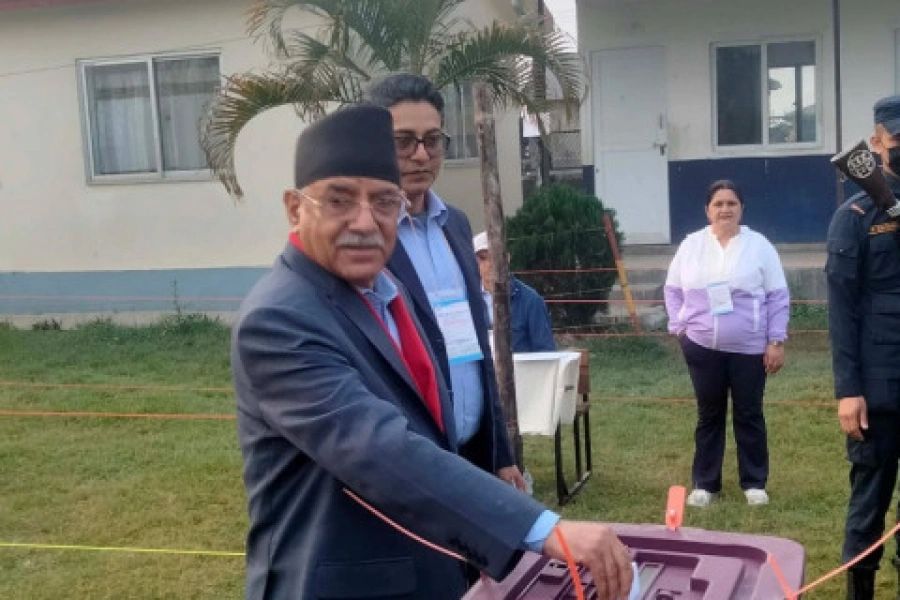
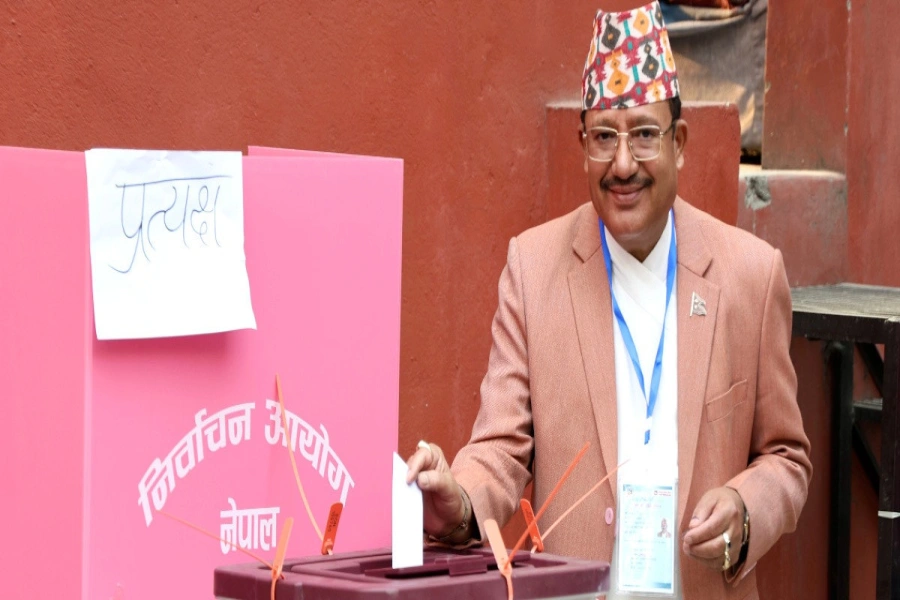
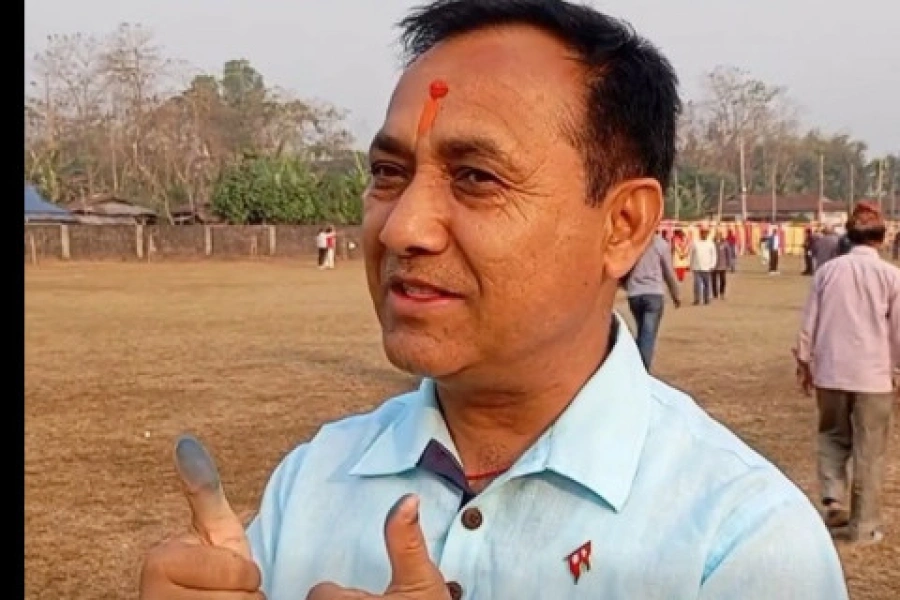
-1200x560-1772642762.webp)
